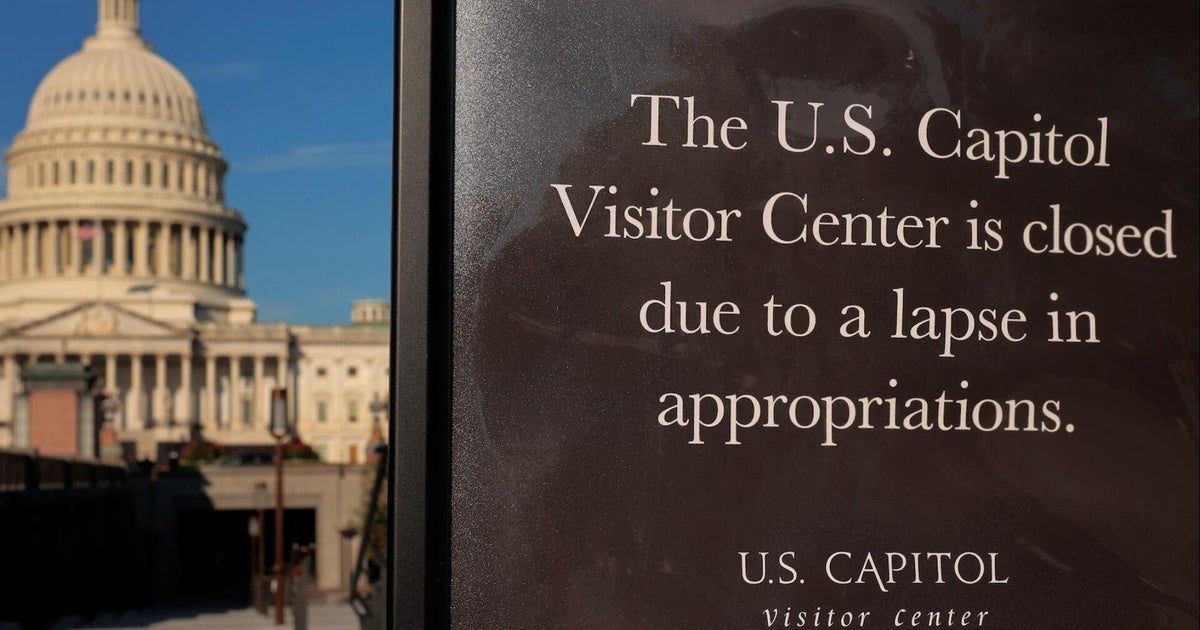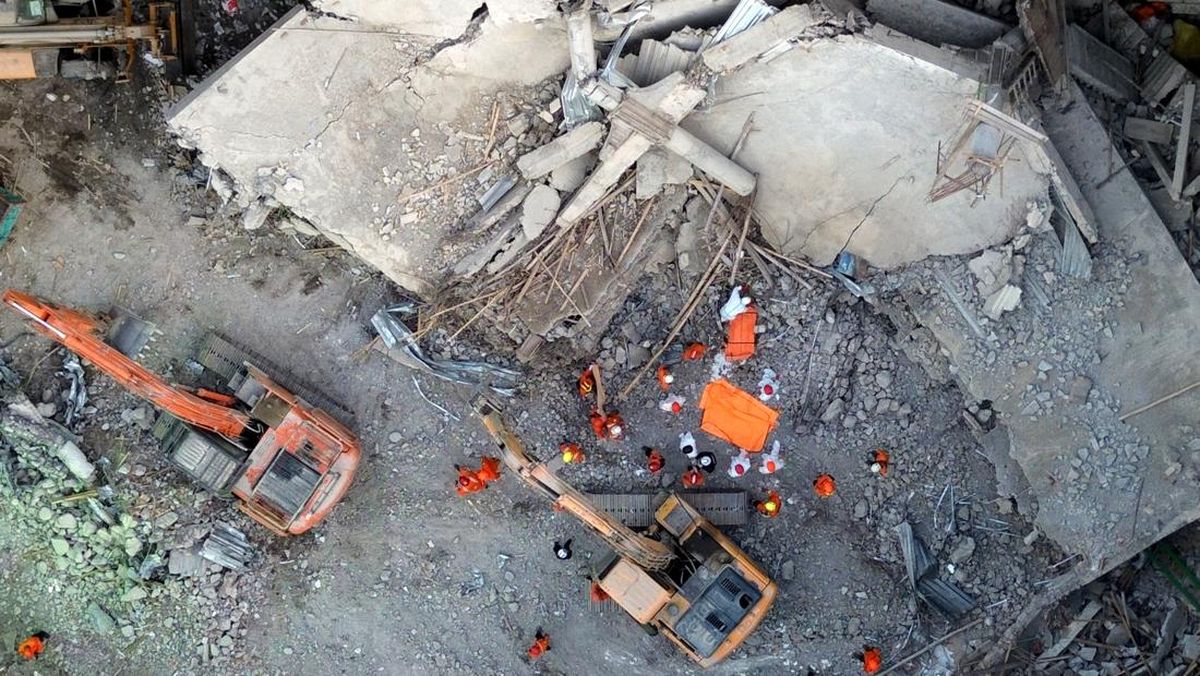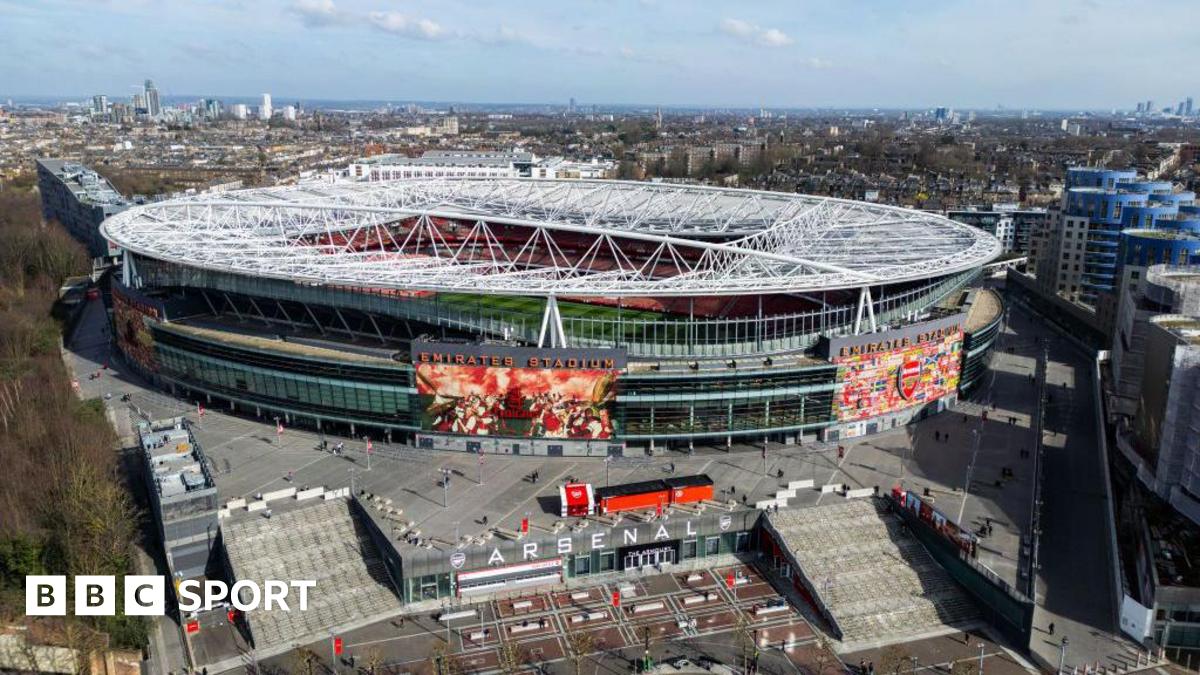By Rick Noack and Haq Nawaz Khan
October 1, 2025 — 11.48am
Afghanistan’s internet shutdown has disrupted nearly all digital and phone links with the outside world, grounded planes and prompted the closure of businesses in Kabul, the Afghan capital.
NetBlocks, a watchdog group that monitors internet outages, said the country faced a “total internet blackout”.
Networks were disconnected “in a stepwise manner” on Monday, the group said – two weeks after the Taliban regime first signalled that it was determined to ban fibre-optic internet under its strict interpretation of Islamic religious law.

A Taliban flag flies near telecom equipment on a rooftop near the Blue Mosque in Mazar-i-Sharif, in northern Afghanistan.Credit: AFP
A Taliban official who is based outside Afghanistan told The Washington Post that the shutdown had been under internal discussion for at least a week and that the final call was made by the regime’s leadership in Kandahar.
But the official, who spoke on the condition of anonymity because he was not authorised to speak publicly, acknowledged that the impact had been severe.
“We can’t live without the internet,” he said. “Everything is at standstill at the moment.” Visa services at Afghan consulates and most internal communications have been suspended, too, he said.
Monday’s shutdown, the first of its scale since the Taliban retook control of the country in 2021, impacted virtually all WiFi connections, mobile internet and telephone services, causing serious ripple effects. It threw businesses, government offices and airports into disarray, and severed one of the last lifelines for many Afghan women and girls whose lives the Taliban have increasingly restricted.
Kabul was less crowded than usual on Tuesday, local time, a man who lives there said. He spoke on the condition of anonymity because he feared regime scrutiny.
Many shops and businesses in the capital were closed, he said, and the mood on the streets was sombre.
“This will have huge implications,” he said. “This will impact banking, hospitals, education, everything.“
Flights between Kabul and Dubai, the main regional airline hub, were heavily disrupted, according to the Dubai airport website, which showed six out of eight connections cancelled by midday local time. The websites of the Kabul airport and other government-run institutions appeared to be offline.
Kabul’s money exchange market – the Afghan equivalent of a stock exchange – was open Tuesday, the private TV channel Tolo News reported, but trades were being conducted based on Monday’s rates.
The United Nations Assistance Mission in Afghanistan called on the Taliban regime “to immediately and fully restore nationwide internet and telecommunications access”.
The cut in access “risks inflicting significant harm on the Afghan people,” paralysing “critical banking and financial systems, further increasing the isolation of women and girls, limiting access to emergency services and medical care,” the mission said in a statement.
More than 2200 people were killed in an earthquake in eastern Afghanistan last month, and the emergency response was still underway this week.
Forcing women offline is another way “to isolate them even further,” said Sanam Kabiri, a 35-year-old Afghan women’s rights activist who lives in Australia.
Many women have tried to compensate for the Taliban’s restrictions on female education, work and access to public spaces by seeking out digital communities. “They’re the most vulnerable in the country,” she said.
The Washington Post attempted to contact the Taliban’s Interior Ministry, the chief government spokesman, the Foreign Ministry and the head of their Doha office for comment. But 24 hours into the internet shutdown, all messages remained undelivered and calls unanswered.
“I am not sure that the leadership understood the consequences” of shutting down the internet
Zalmay Khalilzad, a former US special envoy for Afghanistan ReconciliationThe foreign-based Taliban official said regime members anticipate some connectivity will eventually be restored, but only at very slow speeds and not through fast fibre-optic routes.
The internet shutdown could help the Taliban tighten their grip on power. But it could also backfire, deepening public frustration with the regime and emboldening critics.
The outage appears to have confirmed a Pakistani allegation. Pakistani officials have said Afghanistan is harbouring members of the Pakistani Taliban militant group, which has waged a growing insurgency in northwestern Pakistan.
Afghan Taliban officials have rejected the charge. But the group’s digital channels went dark just after the country lost internet connectivity on Monday evening, and messages to four of its members Tuesday were not delivered.
In Kabul on Tuesday, speculation over why the Taliban shut down access to the internet was rife, a diplomatic official there said. He spoke on the condition of anonymity because he was not authorised to speak publicly.
The Associated Press has reported suggestions that it could be part of a Taliban crackdown on immorality.
Loading
But some view the shutdown as a possible sign of mounting Taliban paranoia, the diplomatic official said, after US President Donald Trump said he wants to regain control of Afghanistan’s Bagram air base. Still, there appeared to be no heightened security measures in Kabul on Tuesday or immediate signs of a wider security crackdown.
Internal power dynamics could also have played into the decision. Since the Taliban regained power in 2021, the imposition of some of the most regressive rules has often appeared to be linked to lingering competition for power within the regime.
While the reclusive Taliban leadership in Kandahar around Supreme Leader Hibatullah Akhundzada has increasingly asserted its power in recent years, some of the regime’s more pragmatic officials in Kabul have quietly pushed back.
Earlier leadership bans on photos or videos showing “living beings” were largely ignored in Kabul and other provinces.
Hard-line leaders’ restrictions have hampered the Taliban’s emergence from isolation. Some regime officials have pushed for more international outreach.
“I am not sure that the leadership understood the consequences” of shutting down the internet, Zalmay Khalilzad, a former US special envoy for Afghanistan Reconciliation, wrote on X.
“Even their own ministers are dumbfounded, unable to answer questions from Afghan business leaders and foreign officials as to why the decision was taken and what is next.”
Most Viewed in World
Loading


















































